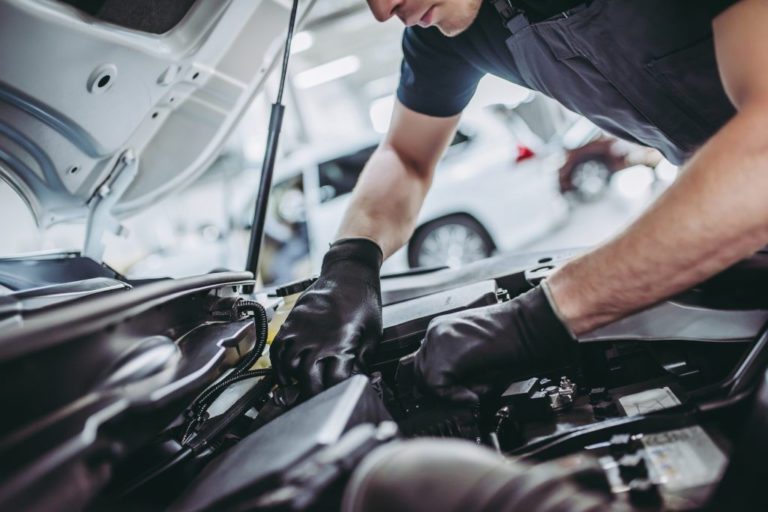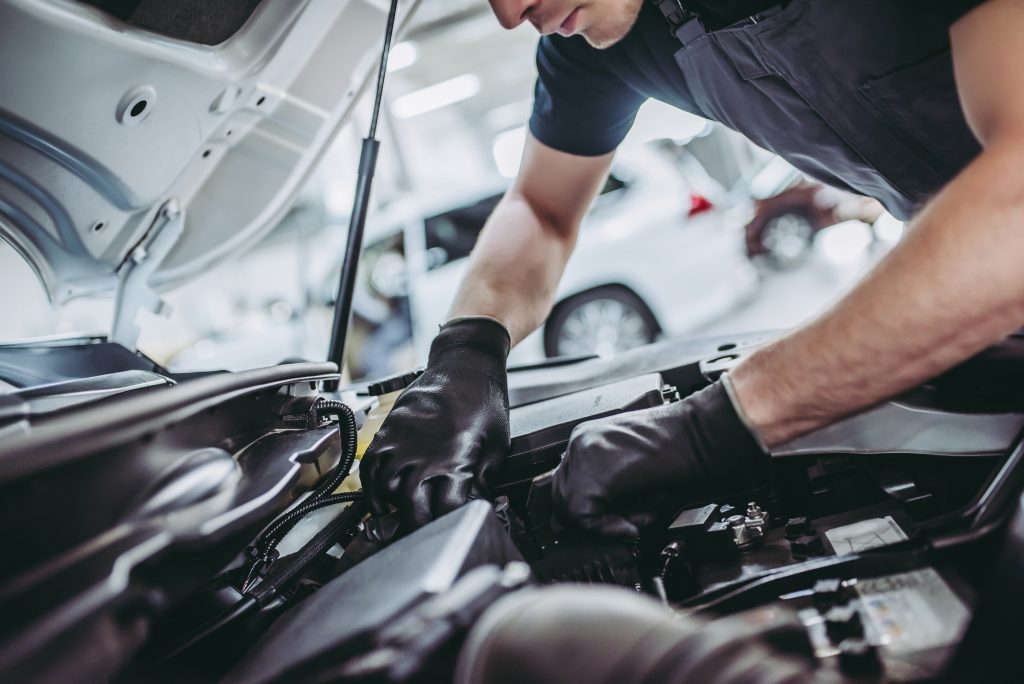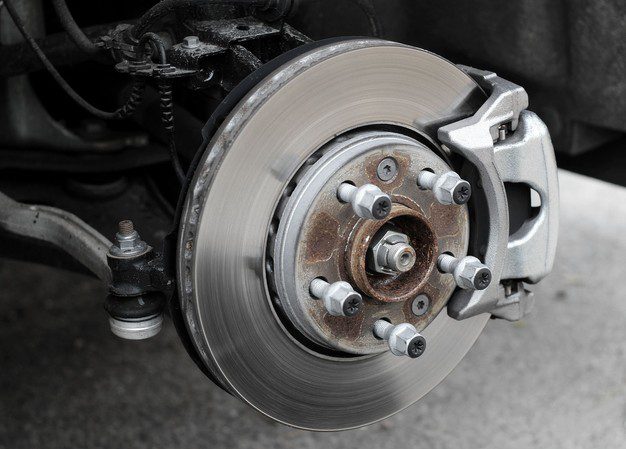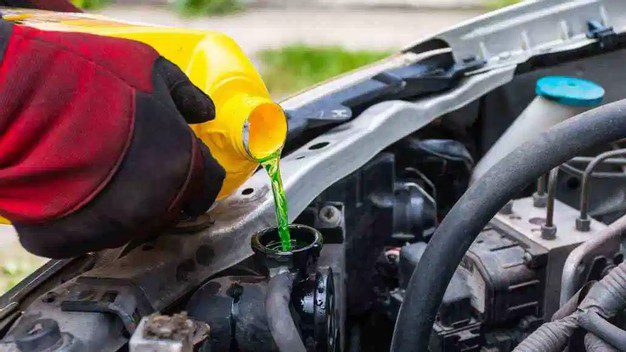MOTORING
Simple & Effective Car Maintenance Tips You Can’t-Miss!

WORDS: PHOTOGRAPHY
Your car is your primary form of transportation and deserves special attention. Regular vehicle maintenance is essential to make sure your car runs in tip-top shape is important for optimum performance. If car care is neglected it can cause major problems. Certain maintenance procedures should be performed on a regular schedule. Below are a few car care maintenance routines you should have performed on a regular schedule.
OIL AND OIL FILTER CHANGES
Oil and oil filter changes are very important for the performance of your vehicle. Experts recommend you change your oil and oil filter every three months or 3,000 miles. Most cars recommend there be at least 4 to 6 quarts of oil in your vehicle for peak performance. The filter is usually replaced every time the oil is changed.
The oil in your vehicle absorbs heat and lubricates the engine parts, allowing the engine parts to work more effectively. Not having your oil and oil filter changed regularly can cause major problems with your engine. Your vehicle’s performance may be affected in several ways. Your vehicle can run hot, engine components can wear out quicker or become warped. Your car may also become sluggish. A few signs your oil needs changing are: the engine may make unusual noises or start knocking; the exhaust may start smoking; more fuel consumption; oil smells inside the car, or dirty oil on the oil stick when checked.
These problems will shorten the life of your car. Routine oil changes remove built-up dirt particles and sludge from your engine. Changing your oil and oil filter regularly improves your gas mileage, vehicle’s performance and your engine will last longer.
TUNE-UP
A tune-up is a preventive maintenance. It is considered a major service. Experts recommend you have a tune-up every 30,000 miles. Your vehicle owner’s manual will give you more detailed information on how often you should have a tune-up. During this procedure, minor vehicle problems can be detected and solved, which may become major problems with time. This procedure includes replacing the spark plugs, plug wires, the air filter, PCV valve, the distributor and rotor. Regular tune-ups will increase the performance and efficiency of your vehicle.
BRAKES
Your braking system is one of the most important systems of your vehicle. Without proper brakes, your vehicle will not stop and you can have a major accident. A few signs your brakes need inspection or changing are: squealing or grinding when brakes are applied, hard brake pedal, vibrating or clunking sounds, and a spongy or low brake pedal.
There are two types of brakes. Your vehicle has either a drum or disc brakes. Both types require shoes or pads that slow your vehicle down. Shoes and pads are both made of tough materials that can withstand heat and the force applied when stopping your car. Eventually, these materials wear out or become thin, needing to be replaced. Pads come in different grades: good, better, and best. Always use the manufacturer’s recommended grade or higher. And remember to have the brake fluid check with each brake change.
TIRE MAINTENANCE
Check your tires is very important for your safety, optimum handling when driving your vehicle and efficient vehicle performance. Your tires should be able to turn safely, grip the road and stop within a reasonable time. You should inspect the sidewalls, treads, and air pressure of your tires regularly. Tires should last four to six years if you typically drive 12,000 to 15,000 miles/year.
Tyres must have the manufacturer recommended tread depth, air pressure and balanced for peak performance. The wheels must be properly aligned. And you should have your tyres rotated at least once a year. Experts recommend you should check your tire air pressure monthly. Changes in weather temperature can affect your tyre pressure. This can reduce the chance of flat tyres or blowouts.
INSURANCE
You need to always have Automobile insurance on your vehicle. Most state departments of motor vehicles require auto insurance on all registered cars. The most important coverage is to have your state’s minimum liability and property damage coverage. You risk losing your license and getting fines without car insurance. Auto insurance provides you protection in case of an accident. It covers the injuries of the other driver, any passengers, pedestrians, and their property. It also covers any damages to your vehicle, your injuries and other expenses such as vehicle rental while your car is being fixed and it is also easier to get car insurance.
You also may want to add an extended warranty for malfunctions recall or normal wear and tear on your vehicle. Without some type of warranty, you may be hit with high repair bills if anything on your car breaks or deteriorates from regular use.
RADIATOR
You should check your radiator. The radiator prevents your vehicle from overheating. Coolant, better known as antifreeze, is pumped through your car by the radiator. This action carries heat away from the engine block. Coolant also prevents corrosion of auto parts. You should use a 50/50 mixture of coolant and water in your radiator. A proper coolant mixture is essential to the proper functioning of your engine cooling system. Some signs of a bad radiator are: sludge or corrosion in radiator, vehicle overheats, linking and regular low coolant levels. Experts recommend you flush your radiator every 5 years or when your vehicle reaches 100,000 miles.
Having proper maintenance on your vehicle is very important for the life of your vehicle. If you want to preserve your investment, regular maintenance is necessary. Following your vehicle’s required service schedule, found in your owner’s manual is important for maintaining a safe vehicle and preventing costly repairs in the future.













